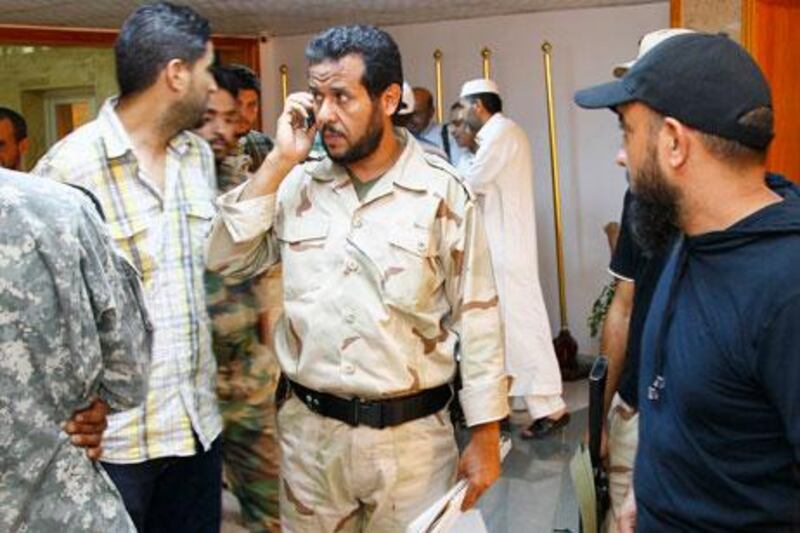The case against Jack Straw, the former British foreign secretary, about his alleged involvement in the abduction and torture of a Libyan dissident will be held in secret, the High Court in London has ruled.
The decision means that the legal team working for Abdel Hakim Belhaj and his wife Fatima Bouchar will not be allowed to hear certain parts of the trial, as well as the victims and journalists reporting on it.
It is a victory for the British government, which was initially seeking to have the entire case against Straw thrown out.
Boris Johnson, the current foreign secretary, has been behind the moves to restrict access.
Sir Mark Allen, a former senior MI6 officer, the Foreign Office, and the internal and external British intelligence agencies, MI5 and MI6, are also accused alongside Straw.
Belhaj and Fatima Bouchar were detained in Thailand in March 2004 after a tipoff from MI6 and were forcibly returned to Tripoli to the government of then Libyan leader Colonel Muammar Qaddafi in an operation named ‘extraordinary rendition’.
The pair say that masked CIA officers detained them at Bangkok airport, strapped them to stretchers and put them on an airplane bound for Tripoli.
On arrival in Libya, the pair were imprison; Bouchar for five months, Belhaj, the leader of an anti-government outfit, the Libyan Islamic Fighting Group (LIFG), was held for six years during which he said he was tortured.
He said that he was interrogated by British intelligence officers while in jail and indicated to them that he had been tortured.
Belhaj criticised the court’s decision, saying: “I went through a secret trial once before, in Gaddafi’s Libya. It took about a half hour, and I never saw any of the evidence against me. Later a guard came to my cell and tossed in a red jumpsuit – that was how I found out that the secret court had sentenced me to die.
“Fatima and I have stuck with this case for all these years because we believe the British system, unlike Gaddafi’s, can deliver justice. But what kind of a trial will it be if we put in a mountain of evidence and government officials can simply refuse to answer us?”
Sapna Malik, representing the Belhaj family, pleaded for the court to reconsider its decision.
“Despite the wealth of material in our clients’ possession we will now enter the Kafkaesque world of ‘closed defences’ and covert evidence, with the prospect of a secret trial, from which our clients will be excluded and unable to fully test the defendants’ case.”





